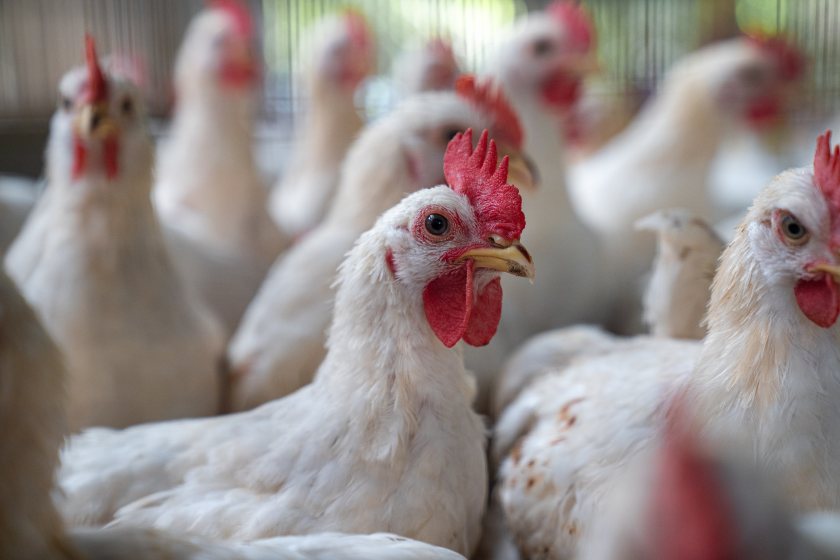
New research highlights the key barriers to higher welfare standards in UK broiler chicken production, including economic costs, environmental impacts, and consumer confusion.
Broiler chicken meat is the most widely consumed meat in the UK, yet only a small portion is produced to the higher welfare standards outlined in the ‘Better Chicken Commitment’ (BCC).
The BCC aims to address concerns around fast growth, housing, stocking density and slaughter practices to drive the food industry towards more humane and sustainable methods of production.
The Royal Veterinary College (RVC) conducted interviews with 30 industry and welfare representatives to better understand why the transition to slower-growing broiler breeds has proven so difficult.
The study found broad agreement with scientific evidence that slower-growing chickens fare better welfare-wise than conventional fast-growing strains when housed under similar conditions.
However, there were concerns about the economic and environmental costs associated with slower growth, as well as uncertainty about whether consumers would be willing to pay higher prices for these welfare improvements.
The research revealed differing views on sustainability, with retailers and industry reps viewing slower-growing broilers as economically and environmentally unviable due to carbon reduction targets and demand for affordable chicken.
They suggested focusing on improving the welfare of conventional broiler strains or exploring intermediate-growth broilers as a compromise.
On the other hand, welfare charities, scientists and assurance scheme representatives advocated for a more holistic view of sustainability, which includes environmental factors such as water pollution and biodiversity.
They argued that animal welfare should be central to sustainable production practices and should not be sacrificed in the pursuit of environmental targets.
These participants also pointed out that consumer purchasing decisions do not align with welfare improvements, due in part to confusion about production practices and labelling.
The report calls for a transformative shift in the food system, focusing on reducing the costs of slower-growing broilers, improving labelling transparency, and encouraging a "less but better" approach to chicken consumption.
Dr Siobhan Abeyesinghe, associate professor at the RVC and study lead author said: “We need a better understanding of UK consumer expectations about broiler welfare and welfare labelling, and how they prioritise welfare in relation to environmental costs and price.
"This is a major missing piece of the puzzle that stakeholders currently face for realistically evaluating both the importance and feasibility of different improvements to the welfare of over a billion chickens each year."
She continued: “If welfare improvements are to be market-driven, then welfare gains must be significant for the additional costs involved, valued by consumers, and balanced against other sustainability goals.”
